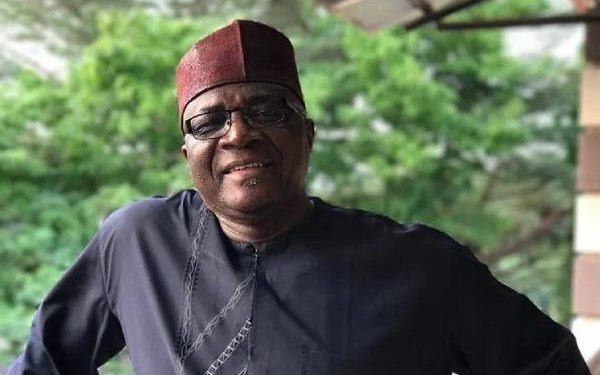Nigeria was not snubbed in the 2024 UN Human Rights Council election, as some reports have claimed, says Mr Bayo Onanuga, Special Adviser to the President, Information and Strategy.
Onanuga said this in a statement titled, “Setting the Record Straight,” on Sunday.
He said the country did not stand as a candidate for this cycle of elections, just like it did not stand for election in 2023 when a Nigerian medium reported that the country earned three votes.
“The same lie was rehashed in the erroneous report in circulation. Again, we restate that Nigeria was not on the ballot in the election held on Oct. 9.
“Whatever vote was recorded for our country must have been cast in error in the secret balloting by some countries which thought Nigeria was on the ballot,” said Onanuga.
According to him, for those conversant with elections into international organisations, especially to the Human Rights Council, countries vying for positions usually receive regional endorsements.
He said the regional bloc endorsed Benin and Gambia, both members of ECOWAS, for the 2025-2027 term.
Given Nigeria’s continued leadership in fostering African unity, he said the nation focused on supporting the endorsed candidates to promote collective African representation.
“This has been the hallmark of President Bola Tinubu’s leadership on the continent.
“This strategic approach aligns with Nigeria’s long-standing diplomatic efforts to ensure Africa speaks with a united voice on the global stage.
“The media should cross-check their information before rushing to press. There was no sign this was done with the Ministry of Foreign Affairs or our country’s mission in New York.
“As Nigerians, we should not be quick to disparage or drag our country, especially on international matters,” said the presidential aide.
He stated that on Oct. 9, the UN General Assembly elected 18 members to the Human Rights Council for the 2025-2027 term.
The members elected to the Council are: Benin, Bolivia, Colombia, Cyprus, Czechia, Democratic Republic of the Congo, Ethiopia, Gambia, Iceland, Kenya, Marshall Islands, Mexico, North Macedonia, Qatar, Republic of Korea, Spain, Switzerland and Thailand.
Onanuga said the Council was an intergovernmental body within the UN system consisting of 47 States tasked with promoting and protecting human rights globally.
“The election, conducted via secret ballot, determined which nations would fill three-year terms beginning on Jan. 1, 2025, replacing members whose terms expire on Dec. 31, 2024.
“Among the outgoing members are: Argentina, Benin, Cameroon, Eritrea, Finland, Gambia, Honduras, India, Kazakhstan, Lithuania, Luxembourg, Malaysia, Montenegro, Paraguay, Qatar, Somalia, United Arab Emirates and the United States,” he said.
He added that a report on the meeting published by the UN said Argentina, Cameroon, Eritrea, India and Somalia, which had served two consecutive terms, were ineligible for immediate re-election.
Also, Albania, Algeria, Brazil, China, Ghana, Japan, and South Africa will continue serving on the Council.
“In the African regional group, the endorsed candidates,Benin, Gambia, Kenya, DRC, and Ethiopia—successfully secured all the five available seats.
“There was no competition in the African regional group, as the continent fielded the same number of candidates as available seats,” Onanuga clarified.









